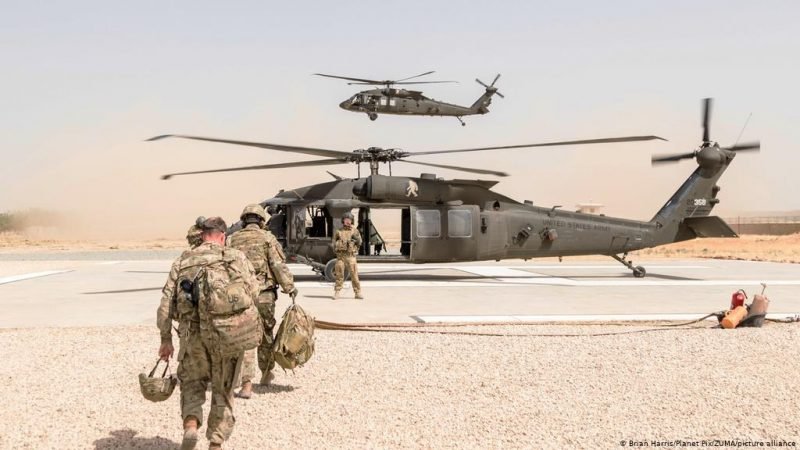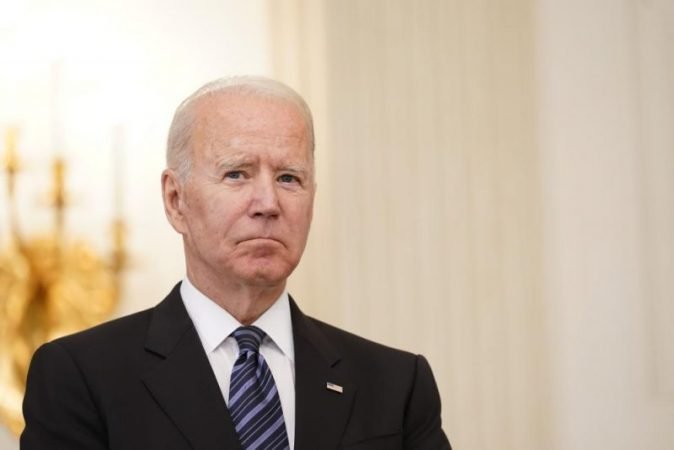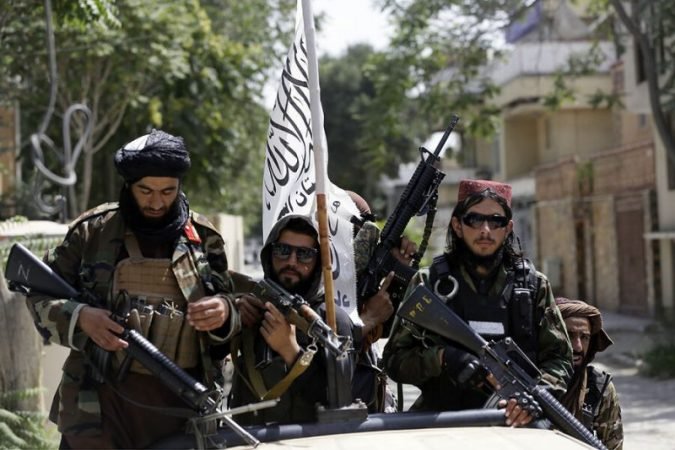Not every event is Saigon

“if The United States withdraws, we’ll be sending a signal to terrorists everywhere: They can gain by waging war against innocent people…If we’re to be secure in our homes and in the world, we must stand together against those who threaten us”
It might sound like a commentator or an analyst today professing doom, where America is withdrawing from Afghanistan after 20 years of protracted warfare. A withdrawal oft fated as a cession of strategic space to radical ideologies but instead, this was said in the context of a similar conflict on 4th Feb 1984 by President Ronald Reagan. It was about the mission in Lebanon which had almost reached a stalemate. Three days after, President Reagan pulled all troops out.
The mission in Lebanon metastasized from being limited to aiding the government in controlling the nation to one getting involved in ethnic strife, violence and chaos. The chaos culminated in the ramming of half a ton of explosives into the marine barracks at the Beirut International Airport killing 220 marines, it was few months after this, a complete drawdown was ordered and the American mission in Lebanon was over.
The current crisis in Afghanistan though functionally different is a lot more similar to Lebanon than to the popular comparison to Saigon, Vietnam. The suicide bombing attack at the Hamid Karzai international airport in Kabul killing 13 US service members and almost 90 Afghans is an eerie reminder of the ramming of explosives in Beirut.
The American withdrawal had evoked strong reactions from people across the world, often called as the fatal error of President Biden, many had already proclaimed the end of ‘Pax Americana’, an obscure term referring to the concept of relative peace in the Western Hemisphere and later the world after the end of World War II in 1945 when the United States became the world’s dominant economic and military power. It has also been said that American credibility had vanished in the whiff of air and Russia and China dominance is almost but certain, much has also been said about Pakistan’s free hand in Kabul as their protégé takes the throne there. It has also been suggested that Tokyo might be considering going nuclear and also a creation of an alliance sans the United States. A lot of this is speculation on a wide array of pessimistic possibilities emanating from an event like this of gargantuan magnitude.
To say the least, the reality is often different and complex. The idea of Russia and China having a free hand in geopolitics is flawed as it is based on the assumption that somehow the theatre of geopolitics is shifted to Afghanistan and Kabul and its control determines who leads the world. This also assumes the Taliban to be a monolithic entity and the only group operating in Kabul, a sort of a ‘state’. The reality is far from this, as evidenced from a recent suicide bombing, the Islamic state is very well present compounded by the presence of Tehreek Taliban Pakistan (TTP) which vows to establish sharia in Pakistan, to Beijing’s chagrin East Turkestan Islamic Movement (ETIM) also comprises of several hundred fighters in the region. The constant fear of any of these spilling over to Xinxiang and Central Asian Republics is a possibility that both Beijing and Moscow do not ignore and are therefore treading carefully.

The argument that Pakistan’s ISI is the real ruler in Kabul as Taliban is nothing but its handmaid is flawed as it bases argument on just historical understanding of Taliban. The Taliban of 2021 is distinct from that of the 20th century, with a new leadership willing to carve a niche for themselves and up until recently, their leader Mullah Baradar was lodged in a jail in Pakistan. The scores of fighters of TTP freed from jails in Afghanistan while storming the country would be a massive irritant for Pakistan. Nobody is denying that Pakistan having waited long for its ‘strategic depth’ had finally gained in the region, but the idea is more nuanced as it may seem. The TTP cadre and the refugee inflow can strangulate Pakistan’s failing state. An economically impoverished Pakistan has few options on the table to elicit favourable responses from Kabul.
The third argument of the loss of American credibility amongst allies is an old humdrum argument oft stated in the intelligentsia and media, the alliance system carefully crafted post-second world war rests on the asymmetry of power in favour of America and historical instances of coming to aid in the events of crisis by The US, it also rests on America providing a bigger safety net with bigger defence budget and bases around the world. Besides the absurd notion of going nuclear or increasing defence budgets or crafting new alliances is only heard in the media, nowhere in the capitals around the world.
And then there is the ‘unravelling of Pax Americana’, the world order apparently crumbling after the exit from Kabul. Pax Americana as an idea rests on three principles, prioritizing alliances, promotion of soft power, needful display of hard power. As an undefined idea, Pax Americana rests on American supremacy in reaching wherever it wants, whenever it wants accomplishing tasks quintessential to the idea of liberal democracy and internationalism. This idea DIDN’T die in Kabul; it was an unwinnable war that took more than 2 trillion dollars along with almost 3000 casualties, countless wounded and traumatized which pushed America out of the race with Beijing. There is no polite way to say it, it was an occupation merited on the idea of revenge that metamorphosed into nation-building later with little support from the community. The American experiment in Afghanistan also included ignoring the evil deeds of warlords, installing Presidents, turning its back on corruption creeping in the system and doing little to improve life of the common populace. The ‘Afghan national unity government ‘and the ‘300000 strong military’, both of which collapsed in days is a testament to the war’s inherent failures.
Notwithstanding these fatal flaws, the idea of pax Americana dying in Kabul is flawed, instead, it might signal the revival of it, a course correction by America ending the war that essentially bled it of trillions and blunted its capacity to fight with the middle kingdom. The likes of ‘Cornwall Consensus’, bonhomie in the G7 and the cohesion shown in the western capitals in recent times signals the alliance’s fragility is still superficial and it can still be redeemed. While it is true that the Taliban does not seek actively American recognition, but the idea that it is quasi cooperating with American withdrawal gives a semblance that it is open to dialogue, the world is looking towards Washington for its next course of action essentially giving it back the primacy that trump tore just a few years back. The formation of various committees and near-universal political consensus on welcoming their Afghan allies in America reiterates that America keeps its commitments. The recent story of Afghans prioritizing going to the US over other neighbouring countries also speaks volumes of the attraction that America as a nation still has.

The fall of Kabul was certainly a ‘strategic shock’, a once in a generation moment, but world orders are resilient to these shocks, they might take a hit but a continuous bombardment striking the core is required to take them down. If Saigon couldn’t kill Pax Americana where it was bludgeoned by Vietcong taking control of their country after bleeding America for years which was already ailing with embittered economy and fractious polity, Kabul’s withdrawal will not kill instead will reinforce it. A withdrawal that was a Hobson’s choice for Biden premeditated by his predecessor. It was a quest to end an unwinnable war, knowing full well that he’d be damned if he does and damned if he doesn’t.
Finally, the war would come to an end in few days. As America’s longest war, Afghanistan will find a special place in history. For the idea of history and context, it is not where America was pushed out unceremoniously, it left of its own will. The end was not Saigon, it was more Lebanon.


















